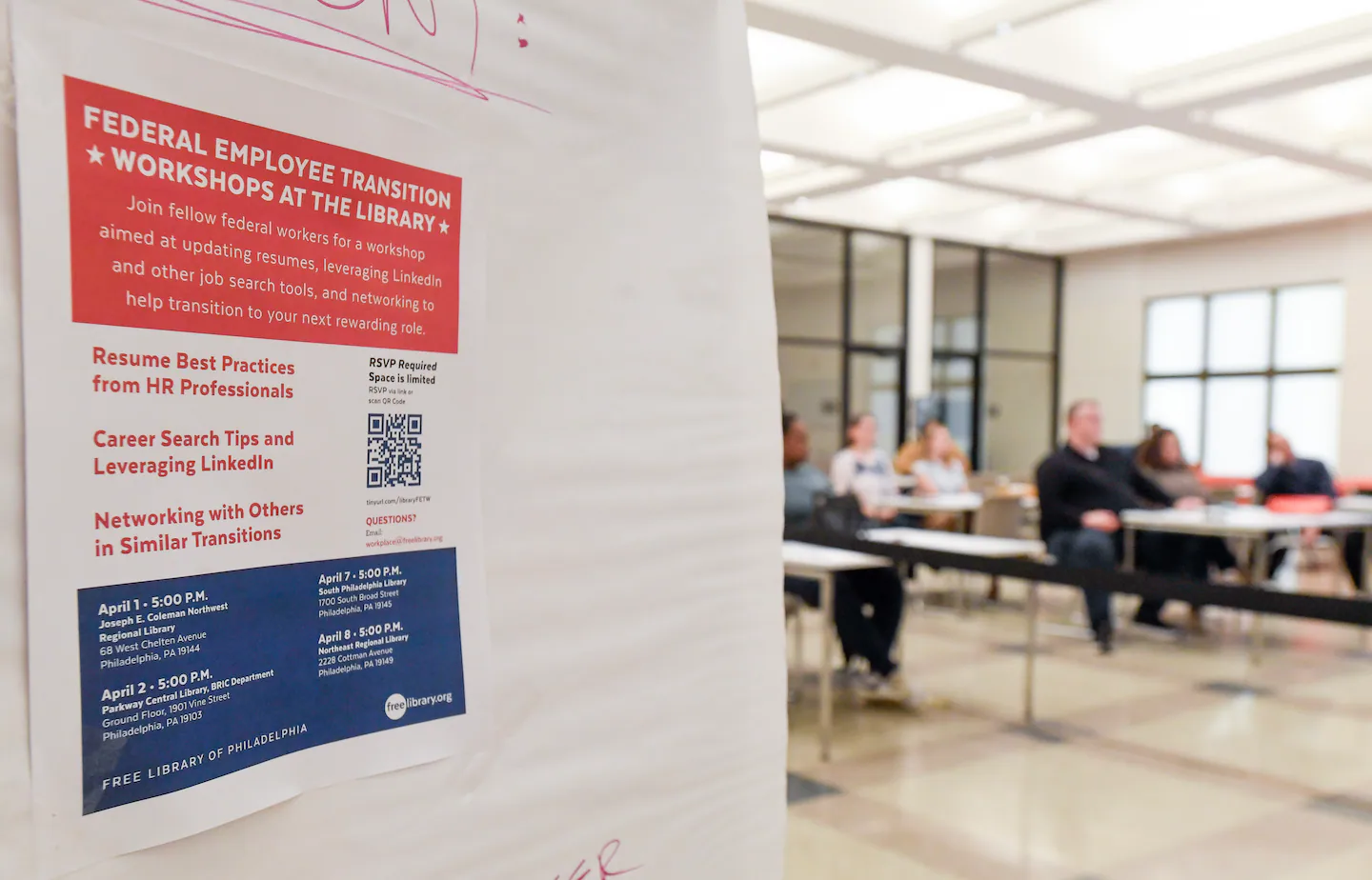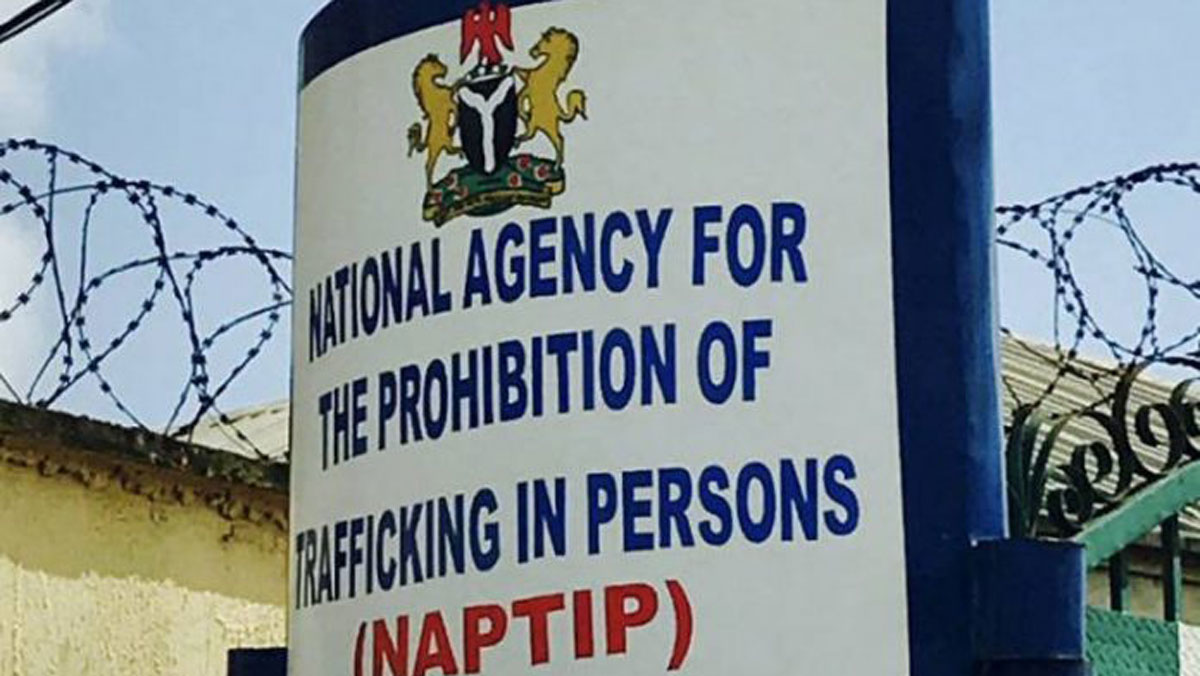
But as the scale of DOGE’s federal workforce purge became clear and new policies like the return-to-office order were implemented, Kirwin began to reconsider her stance.
In late March, when DOJ offered her a severance package including pay through Sept. 30 (the end of the government’s fiscal year) and early retirement benefits, Kirwin took the deal.
“I knew I could do a lot more outside of that position as a federal employee,” she said. “I jumped off the cliff of faith and once I made that decision, I was dancing in the hallways.”
All told, an estimated 150,000 government employees have elected to leave their jobs as a result of the Trump administration’s efforts.
“The reality is that the federal government had grown too large on the taxpayer’s dime — and nearly 80 million Americans voted for President Trump to deliver on a long-time promise to shrink the size of the government,” Taylor Rogers, a White House spokeswoman, said in a statement.
The Boston Globe interviewed eight federal employees from across the country who took either an early retirement or deferred resignation offer. Some interviewees were granted anonymity for fear of retribution from the government. They worked across six different agencies, but had similar stories of deteriorating professional environments that made their jobs harder to perform as their respective agencies began to shrink. They also described the bittersweet feeling of looking to the future as they leave years of mission-driven work behind.
For Kirwin, the period of “getting paid without pressure” allowed her to embark on what she called “a summer of service.” She volunteered in her northern Virginia community and spent more time with her foster children and elderly mother while searching for employment. Kirwin also used the opportunity to increase her proficiency with AI and start a consulting business.
But, as Sept. 30 draws near, most of those interviewed have yet to start a new job. Many expressed frustration with a stagnating job market flooded with former federal workers also looking for their next gig.
Rogers, the White House spokeswoman, said, “the livelihoods of all Americans are a top priority for the Trump Administration which is why we have implemented an aggressive pro-growth economic agenda that has already created over half a million good-paying jobs in the private sector for American-born workers.”
One Internal Revenue Service employee in California said she struggled to find new employment despite constantly applying to listings since Trump took office in January. The employee didn’t want to leave her government job, she said, but as a relative newcomer at the IRS, she feared being laid off while in the late stages of pregnancy following eight rounds of in vitro fertilization.
It was a terrifying scenario for a woman with a history of difficulty conceiving, so when she was offered a deferred resignation in April, she took it.
“I really just felt like I didn’t have a choice,” she said. “I have to be able to pay bills and put food on the table, and the only way to do that was to take the [deferred resignation]. It gave me the guarantee of that income until Sept. 30.”
Following the healthy birth of her daughter in May, the employee unsuccessfully lobbied to be reinstated at IRS, even though the agency has moved to rehire some staff it previously let go.
With her spouse recently retired and a baby and stepson to support, the IRS employee said her family is cutting back costs. They sold one of their cars and are selling their home next in order to downsize. She recently found a new job, but it pays significantly less than her government job.
“After 22 years of infertility, I finally get my daughter and all I’ve done since she was born is sit here and try and find a job and stress about not having a job,” she said. “I would love to have my [IRS] job back.”
Others have moved on completely from their old positions.
Carol Hart Johnson took an early retirement offer from the General Services Administration as an opportunity to make a career change.
Johnson, who lives in Tennessee and worked at GSA for five years, said she took the offer in February because “you have to take control of your own future.”
Since then, Johnson said, she’s had some important medical procedures, visited out of town family members, and started working for a local nonprofit (though she is making less money) while pursuing her creative passions: writing and illustrating children’s books, photography, and jewelry-making.
Still, she said, she sympathizes with other federal workers who have been less fortunate in the job market. “I feel bad because I’ve seen other people talk about how they’re working at a grocery store or can’t find [employment] in different areas of the nation.”
That’s the case for an IRS employee in the Washington, D.C. area who has devoted nearly his entire career to the agency. “The last time I was looking for a job was when I was in graduate school,” he said. “It’s not even the same sport anymore.”
The employee’s spouse is a federal government contractor who was laid off as a result of the cuts. As Sept. 30 approaches, he said, “I’m still a little bit concerned because I don’t have an offer.” The couple has two school-aged children, he added, and “I don’t know how we will pay the bills if neither of us has a job. We’ll probably have to ask for help.”
Even amid DOGE-induced uncertainty, he didn’t at first plan on leaving the IRS. But, after months of holding out, “the overall environment became toxic,” he said, as his job increasingly focused on complying with Trump’s executive orders as opposed to serving the American public.
“I found myself coming home stressed. I’m usually pretty positive. I wasn’t that person around my family anymore,” he said. “That’s why I decided I was going to go.”
But, like others interviewed for this story, the IRS employee said he’s found support among other federal workers in similar predicaments who are offering each other encouragement and employment leads.
A different federal worker, who is employed by a national security agency, expressed frustration about some public response to federal workers losing their jobs.
“To say that what we’re experiencing, ‘Oh this stuff happens.’ It hits in a way that shows people don’t really understand why many in civil service do what they do, why people spend their careers there,” they said, adding that many federal workers pass up more lucrative private sector careers in order to serve their fellow citizens.
Even so, the employee hasn’t lost the sense of duty that landed them in government in the first place.
“I always want to leave the door open to going back to public service,” they said. “I think it’s really noble and important to help make a difference in this world, to make a change, and to participate in something bigger.”



